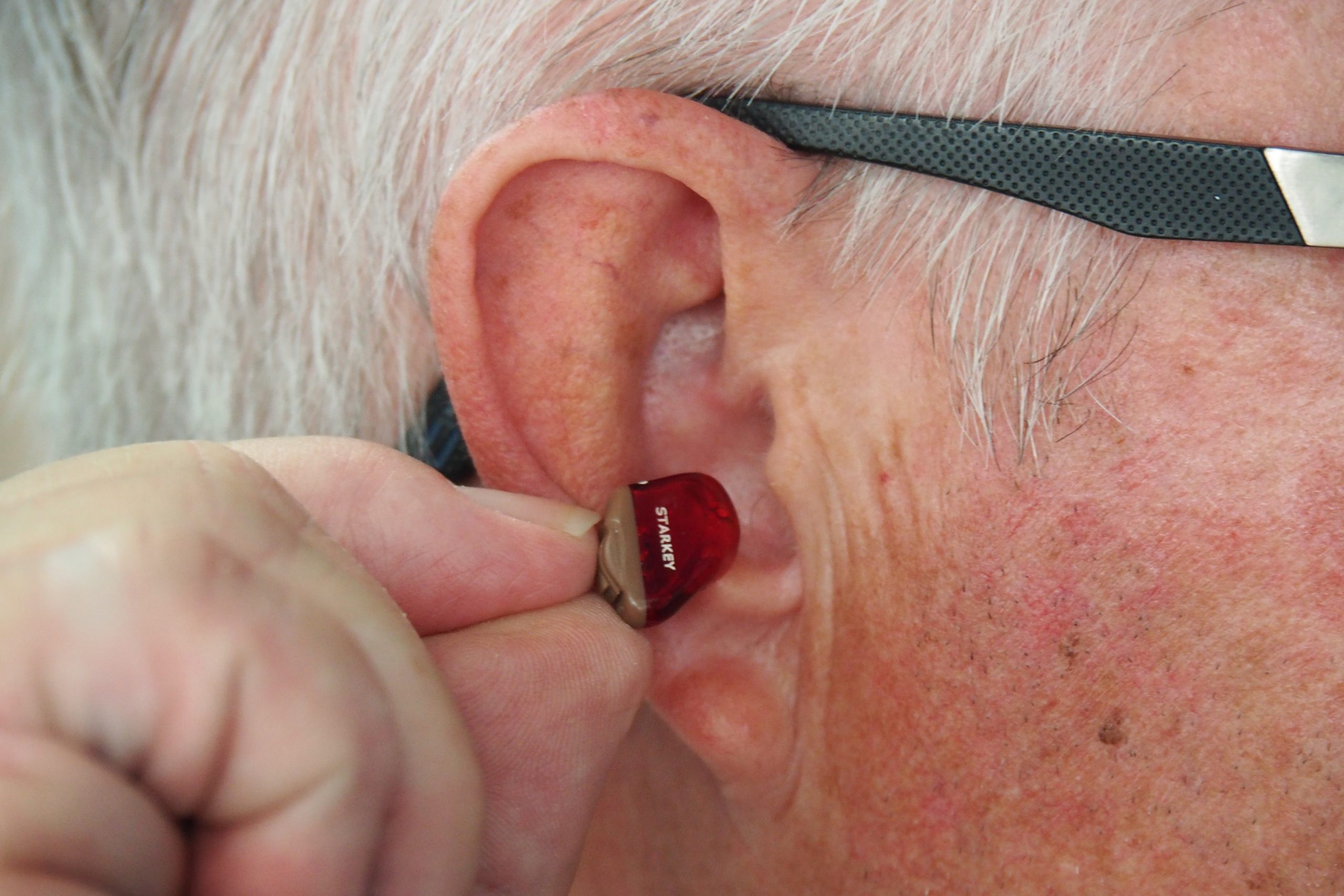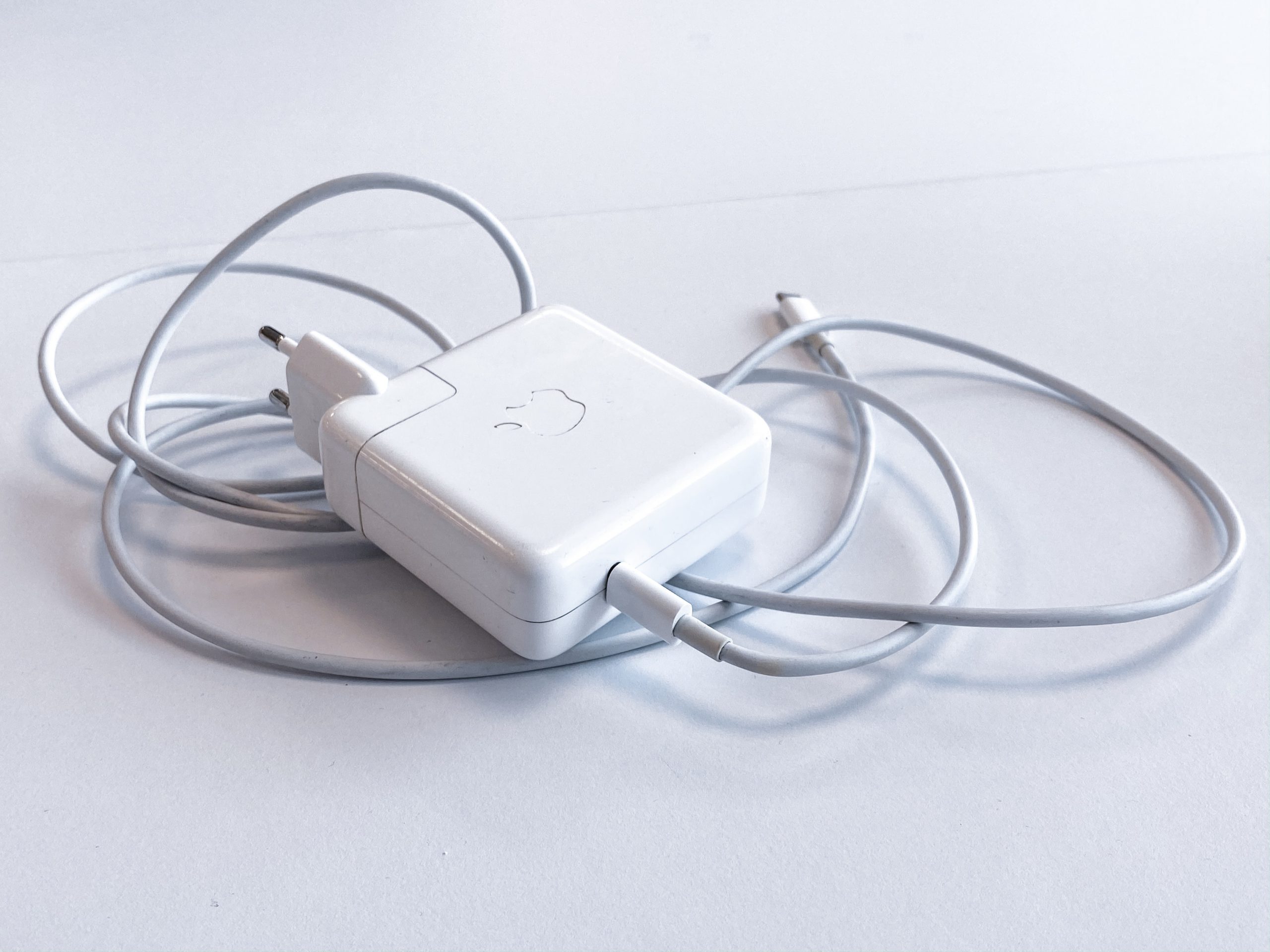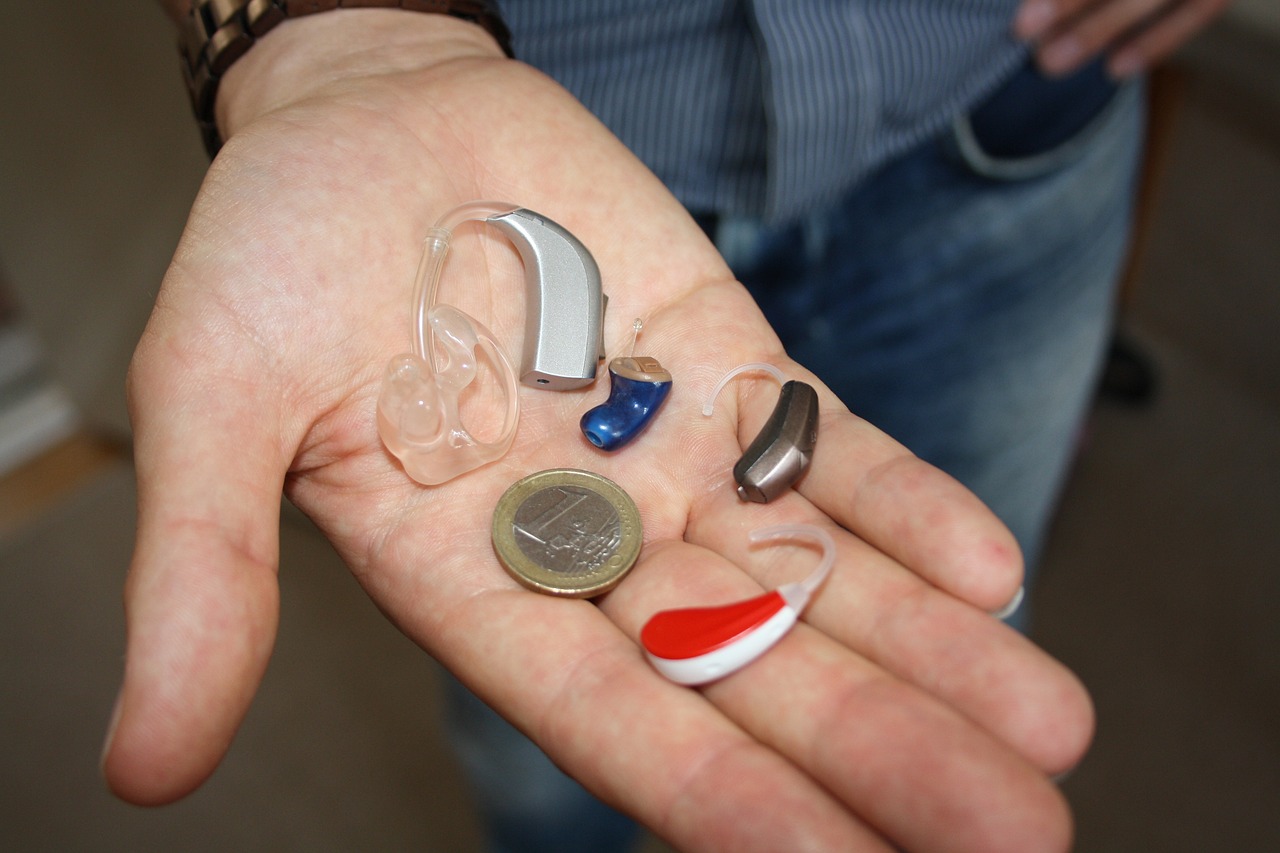
According to the HLAA, despite the fact 48 million Americans experience hearing loss, only 1 in 5 who could benefit from a hearing aid actually use one! There are many reasons for this, but one of the most common is quite simple: cost. Luckily, you are not alone! There are many resources and ways to receive hearing aid financial assistance. Let’s take a look at some.
Contents
Will Private Insurance Cover My Hearing Aid Cost?

Unfortunately, there are not many private insurance companies that cover hearing aids. The exceptions are insurance companies in New Hampshire, Rhode Island, Arkansas, Connecticut, and Illinois, which are required by state law to provide coverage that includes hearing aids.
For example, in New Hampshire, at least $1,500 of the cost of a hearing aid is covered once every five years. Rhode Island insurance policies cover $700 per hearing aid every three years, and Arkansas insurance companies must provide coverage of at least $1,400 per ear every three years.
If you live outside of those states, you may have a tougher time trying to use your private health insurance to pay for hearing aids.
Companies that cover hearing aids often have heavy restrictions, such as covering only one pair of hearing aids for the lifetime of the insurance policy.
Some insurance companies don’t cover the cost of hearing aids, but may cover hearing tests and hearing loss assessments. If your health insurance doesn’t cover hearing aids, researching insurance companies and potentially switching to a new company that has relaxed hearing aid coverage restrictions could be beneficial.
Will Medicare/Medicaid Cover My Hearing Aid Costs?
The short answer is no, Medicare (Medicare Part A) does not cover hearing aids nor does it cover most hearing tests. Medicare Part B may cover up to 80% of the diagnostic tests needed to get a hearing aid, but it won’t cover the cost of the device itself.
Some Medicare Advantage (also known as Plan C) plans do cover or partially cover the costs of hearing exams and hearing aids if a medical test determines that they are needed, however. You need to look at your specific plan to determine what it does and does not cover.
To find out more information about what your Medicare plan covers, you can call 1-800-MEDICARE (1-800-633-4227).
Hearing aids may be covered by Medicaid, especially if you live in a low-income household. However, because Medicaid is administered at the Federal and State level, your coverage will depend upon the state in which you live.
Some states provide senior citizens with free hearing aids via Medicaid, for example. The Hearing Loss Association of America (HLAA) maintains a list of state-by-state coverage for hearing aids and related expenses.
You can also visit Medicaid.gov to find out further information about whether your state covers hearing aids, hearing exams, and other expenses.
What Other Hearing Aid Financial Assistance Options are Available?
If you need hearing aids and private health insurance, Medicare, or Medicaid aren’t viable options for you, there are other hearing aid financial assistance options available to help offset the costs of hearing aids.
Children that need hearing aids may be able to get them at no cost if hearing assistive technology is included in their IEP (Individualized Education Program) under IDEA (Individuals with Disabilities Education Act).
Adults with hearing loss that affects their ability to study in school or work at their job might be eligible for assistance from various state vocational rehabilitation agencies. Explore the HLAA’s list of state-by state rehabilitation agencies that may offer programs that can help you.
Additionally, there are many other charitable foundations, private organizations, and government programs throughout the United States that help people obtain financial assistance for hearing tests and hearing aids. A good place to start exploring options is the Better Hearing Institute’s Your Guide to Financial Assistance For Hearing Aids.
I’m a Veteran, Will I Get a Free Hearing Aid?

Hearing loss is the single most common service-related disability sustained by veterans, and approximately 2.7 million veterans receive disability compensation for hearing loss or are having their hearing loss treated.
Military service members are disproportionately exposed to blast injuries, half of which result in permanent hearing loss. Veterans with hearing loss may be eligible to receive hearing aids, repairs, and batteries at no charge. Eligible veterans experience hearing loss that is connected to their military service or medical conditions treated at a VA hospital, or hearing loss that is so severe that it affects daily life.
If you are a veteran and have not signed up for Veteran’s Benefits, you can do so here. You can find your nearest VA hospital here.
The information in this guide has been written using the following reliable sources:
https://www.medicaid.gov/, https://www.parentcenterhub.org/idea/, https://www.hearingloss.org, https://www.va.gov, https://www.military.com, https://www.aarp.org, https://www.seniorliving.org, https://www.va.gov, https://dacnw.org








